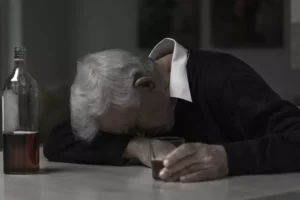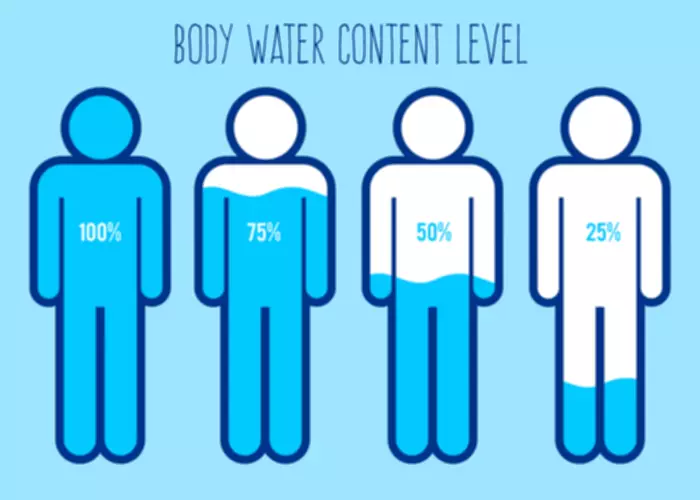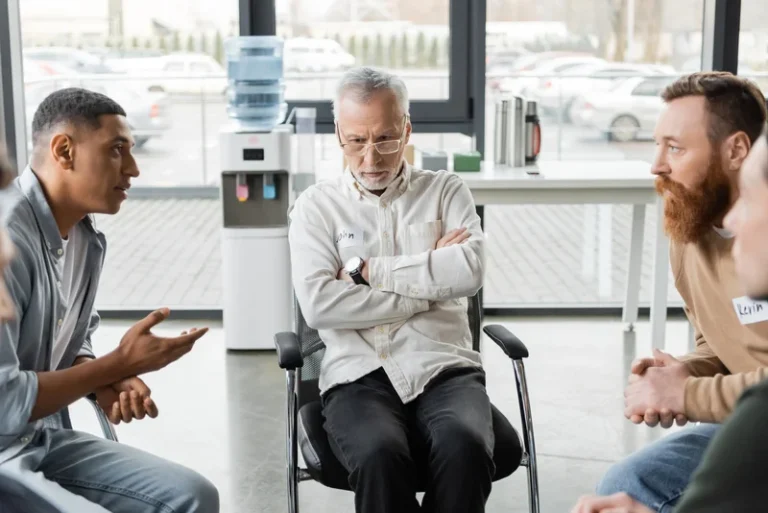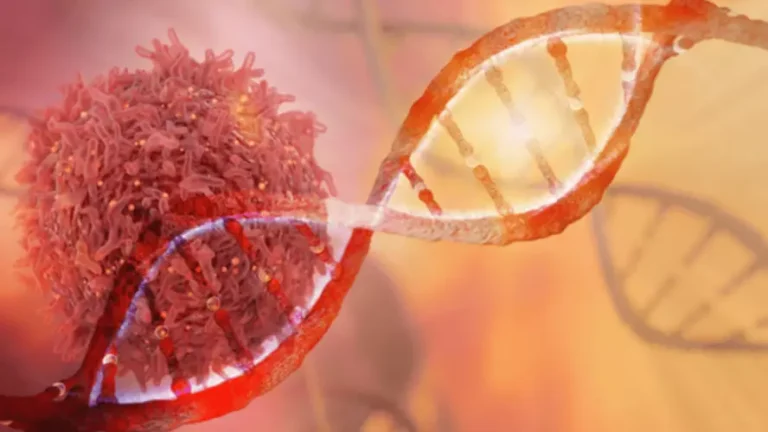Medication for Alcoholism Treatment: A Short Roundup

“You’re trying to make that relationship with alcohol have no rewards,” Holt says. This drug may be a good choice when someone has gotten an ultimatum from their family, an employer, or the legal system about their alcohol misuse. “You can commit to taking Antabuse every day while the other person watches,” he says. Three drugs have FDA approval for alcohol use disorder, and each works differently. Muscle relaxants and alcohol both suppress your central nervous system, which controls the functions of your heart, lungs, and brain. If you have an injury or medical condition that causes pain or spasms in your muscles, you might be given medications to relax them.
Alcoholism Can Be Cured With Medication

If you’re drinking excessively or regularly, you are increasing the risk of adverse medication reactions. The combination of medication and alcohol can lead to serious health consequences, including overdose and even death. “It’s generally advisable to avoid drinking alcohol when taking medications,” says psychiatric clinical pharmacist Mei T. Liu, PharmD, BCPP. Behavioral therapies help people in drug addiction treatment modify their attitudes and behaviors related to drug use.

What causes alcohol use disorder?
With chronic use, the body adapts to the presence of alcohol and learns to function in its presence. When alcohol is suddenly removed or reduced, the body must adjust again to its absence, which can result in withdrawal symptoms that may be experienced during detox. As a person progresses in recovery, they may transition from one level of care to another. Treatment programs at every level may vary in the specific services they offer. Some may have an increased ability to manage co-occurring mental or medical conditions alongside addiction. Other programs may offer specialized tracks for specific populations, such as members of the LGBTQ+ community, men- or women-only groups, and veterans.

How to Treat and Manage Alcoholism
- Most residential treatment programs include individual and group therapy, support groups, educational lectures, family involvement, and activity therapy.
- If you have a medical condition (such as atrial fibrillation) that puts you at risk for developing a blood clot, your doctor might prescribe anticoagulant medications to “thin” your blood.
- Some may have an increased ability to manage co-occurring mental or medical conditions alongside addiction.
- Medications are also available to help treat addiction to alcohol and nicotine.
- Heavy alcohol use is binge drinking on five or more days within the past month, or consuming more than seven drinks per week for women and more than 14 drinks per week for men.
Be especially careful with any drug or multi-symptom remedy containing acetaminophen or ibuprofen. Antipsychotics may be prescribed for people with conditions such as bipolar disorder or schizophrenia. Be wary of anyone that advises an at-home detox from alcohol with herbal remedies or magic pills. Detoxing from alcohol is not only uncomfortable but can also be deadly.
- For example, OTC painkillers (including nonsteroidal anti-inflammatory drugs) can cause a range of symptoms from gastrointestinal upset to bleeding and ulcers in the stomach to tachycardia (racing heart).
- The sedating effect of these drugs can be increased by alcohol, leading to slowed or impaired breathing, impaired motor control, abnormal behavior, memory loss, and fainting.
- You should always read the label of any medication and check with a doctor to be sure you are safely taking a medication.
- After a person is stabilized in an inpatient rehab program, it is often beneficial to transition to an outpatient program for continued recovery.
Lifestyle and home remedies
Treatment for AUD may be lifelong and include counseling, support groups, residential programs, and medications. However, as they consume more drinks, an individual is likely to become sedated. Dunford is encouraged by where medicine is heading in the fight against alcohol use disorder. Yet fewer than 10% of people with alcohol use disorder receive treatment, and fewer than 3% receive specific medication-based can alcoholism be cured treatment, far lower than the 22% who receive treatment for opioid use disorder. Medication used to treat alcohol-use disorder have been on the market for decades, but is rarely prescribed. Dr. Sarah Wakeman, medical director of the Substance Use Disorder Initiative at Mass General Brigham, joins Ali Rogin to discuss medication’s potential for treating this disease and why it’s underused.
Alcohol Addiction Treatment Types
This medication may be able to help those who stop drinking alcohol and need help with cognitive function. Long-term alcohol misuse damages the brain’s ability to function properly. The U.S. Food and Drug Administration (FDA) has approved three medications for the treatment of alcohol use disorder. Your doctor can talk about a medication’s pros and cons, availability, and more with you. However, medications for AUD may cause side effects or interact with other medications. Therefore, a person should speak with a healthcare professional for further guidance.

Binge drinking is when you drink enough alcohol to raise your blood alcohol content (BAC) to 0.08% or higher. For men, that typically is about five standard alcoholic drinks within a few hours; for women, this is four alcoholic drinks within the same period. One of the deadliest combinations is alcohol and narcotic pain medications. On their own, opioids can cause drowsiness, dizziness, slowed or impaired breathing, impaired motor control, abnormal behavior, and memory loss. Mild liver inflammation can occur in about 2% of people who take statins for a long time. While it typically gets better after stopping taking the medications, there has been concern that alcohol (which is metabolized by the liver) could potentially make liver inflammation worse.
- Still, it can take five or more years before the risk of relapse drops below 15% — the level of risk that an average person has of developing a SUD in their lifetime.
- In the brain, levels of the neurotransmitter dopamine rise after consuming alcohol.
- Alcoholism, now known as alcohol use disorder, is a condition in which a person has a desire or physical need to consume alcohol.
This is more than the combined total of deaths from overdose of all substances other than alcohol, including opioid use disorder , which is also a serious problem in the United States. The way this process works is when people normally drink alcohol, endorphins are released into the brain, and this reinforces the behavior of drinking alcohol. Much like when Pavlov’s dogs were presented with food when a bell was rung, these dogs became conditioned to salivate at the sound of the bell alone.

While these drugs make it less likely your body will form blood clots, they also make you bleed more easily. In general, alcohol use has the potential to make symptoms of a mental health condition worse. https://ecosoberhouse.com/ In addition, there are hundreds of mental health medications that interact with alcohol. Combining alcohol with a mental health medication can make the medication less effective or even more dangerous.
Without the satisfying feeling, people with alcohol use disorder may be less likely to drink alcohol. People with severe heart disease or who are pregnant should not take disulfiram. A healthcare professional may decide if disulfiram is suitable for someone who has diabetes or is over 60 years old.
About the author